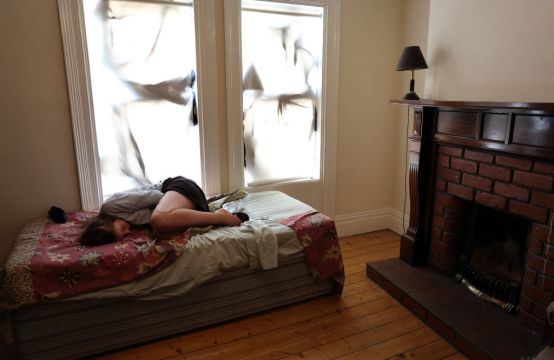Human rights lawyer, Noeline, a member of the Irish Human Rights and Equality Commission, has said that the general public has a role to play in combating growing levels of human trafficking.
Some 53 victims of human trafficking, including five children, were officially identified in Ireland in 2023, while a “stark increase” in female victims was also recorded, according to the Irish Human Rights and Equality Commission’s third National Anti-Human Trafficking report which noted an overall 26 per cent increase in victims from 2022.
“The thing that strikes me about this is that ten years ago, absolutely nobody was talking about this. Now, all over Europe, people are talking about it. And there is a way in which all of us can be vigilant,” Ms Blackwell told RTÉ radio’s Morning Ireland.
“The vigilance of the Gardai and the Department of Justice have brought these cases to attention.”
Ms Blackwell urged people who work in the hospitality industry to report any incidents where they see a colleague or a girl remaining in a room for a long time.
“Staff are now being trained in how to maybe identify that there's a problem there in trafficking. So we can all see it in places, like, if we are getting our nails done or in construction, if you see a colleague who is clearly under pressure from somebody else. But it's not just the general public who have their role, the state also has a bigger role to play.”
The conditions for exploitation were if a person was not being treated properly, if they were not registered, were not getting their holidays or their pay. Their accommodation was typically “very, very poor”, she said.
“They can't complain to anybody. They are threatened. Their families at home may be threatened as though the way in which they are treated is akin to some form of modern slavery.
"This is so true of all forms of exploitation. And one of the newer forms that has come up this year for the first time in our report is trafficking for criminal purposes. So people are literally brought in to commit crimes.”
For the number of cases “at least another 40 percent” have not been detected, she warned. “It's a Europe-wide problem. People are moved all over Europe, people are moved to Ireland. It's a destination country, as they call it.”







